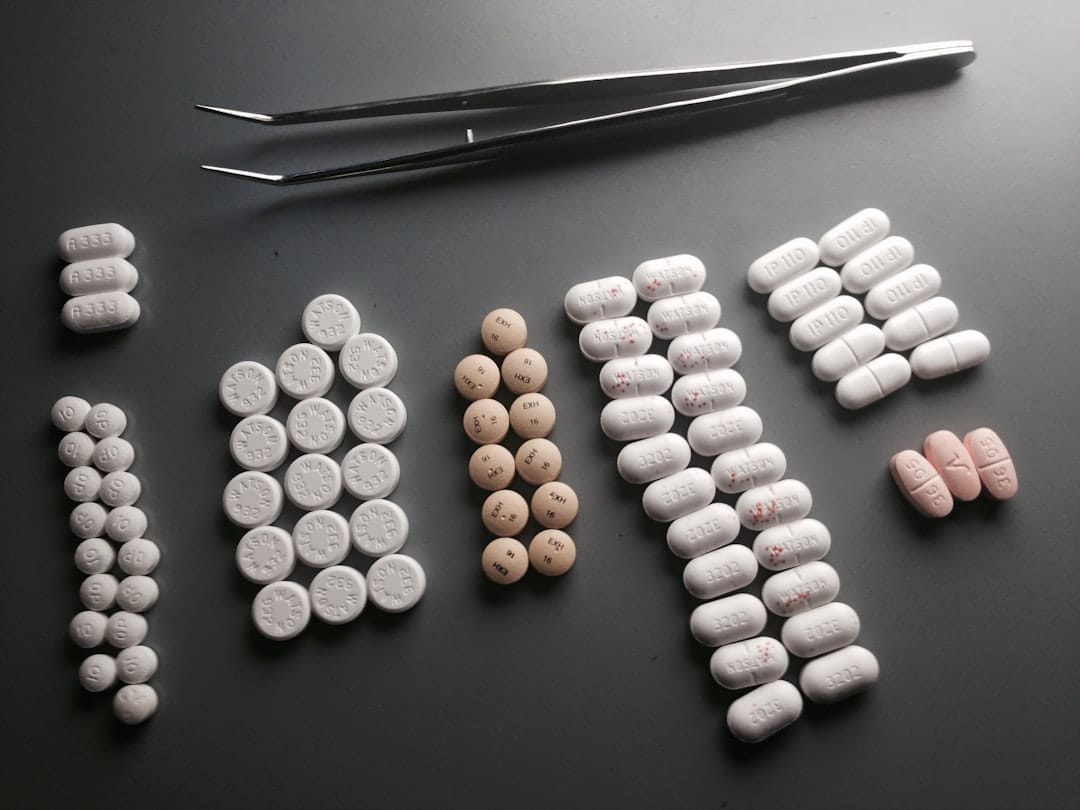Six Essential Medications for Effective COPD Management and Symptom Relief
Chronic Obstructive Pulmonary Disease (COPD) is a progressive lung condition that significantly impacts breathing and quality of life. While there is no cure for COPD, various treatments can help manage symptoms and slow the disease's progression. These treatments include inhalers, medications,…

Bronchodilators
Bronchodilators are a cornerstone in the management of COPD. These medications work by relaxing and opening the airways, making it easier for patients to breathe. They are divided into two main types: beta-2 agonists and anticholinergic agents. Beta-2 agonists stimulate receptors in the lungs to relax muscles, while anticholinergic agents block certain nerve impulses to prevent airway constriction. Both types are effective in reducing symptoms and improving airflow.
Long-Acting Muscarinic Antagonists (LAMAs)
LAMAs are often recommended as the initial treatment for patients with mild COPD symptoms. These medications work by blocking muscarinic receptors in the lungs, leading to prolonged airway relaxation. By reducing airway resistance, LAMAs help improve breathing and reduce the frequency of exacerbations. They are typically administered once daily, providing long-lasting relief.
Long-Acting Beta-2 Agonists (LABAs)
LABAs are another class of bronchodilators used in COPD management. These medications are often used in combination with LAMAs to enhance symptom control. LABAs work by stimulating beta-2 receptors in the lungs, leading to muscle relaxation and improved airflow. This combination therapy is particularly beneficial for patients who require more comprehensive management of their symptoms.
Inhaled Corticosteroids (ICS)
Inhaled corticosteroids are used in combination with LAMAs and LABAs for patients with more severe COPD symptoms. ICS help reduce inflammation in the airways, decreasing the frequency and severity of exacerbations. However, their use is associated with an increased risk of pneumonia, so they are typically reserved for patients who experience frequent flare-ups.
Phosphodiesterase-4 Inhibitors
Phosphodiesterase-4 inhibitors are another option for managing COPD, particularly in patients with chronic bronchitis. These medications work by reducing inflammation and relaxing the airways, which can improve lung function and reduce exacerbations. While not suitable for all patients, they can be beneficial for those who do not respond adequately to other treatments.
Other Treatments and Considerations
While mucolytics and antitussives are sometimes used in COPD management, they generally do not improve symptoms or outcomes. Long-term oxygen therapy, on the other hand, can significantly improve mortality in patients with severe hypoxemia. For those with severe COPD, lung volume reduction surgery may alleviate symptoms and improve survival. Additionally, pulmonary rehabilitation programs are highly beneficial, enhancing lung function and reducing hospitalizations.
Conclusion
Managing COPD involves a comprehensive approach that includes medication, lifestyle changes, and sometimes surgical interventions. While there is no cure, these treatments can significantly improve quality of life and slow disease progression. Patients should work closely with their healthcare providers to develop a personalized treatment plan that addresses their specific needs.
FAQs
**What is the most effective way to prevent COPD from worsening?**
Stopping smoking is the most effective way to prevent COPD from worsening.
**Can inhaled corticosteroids be used alone in COPD management?**
Inhaled corticosteroids are typically used in combination with LAMAs and LABAs for patients with more severe symptoms, rather than as a standalone treatment.
References
https://www.healthline.com/health/copd/drugs
https://www.nhs.uk/conditions/chronic-obstructive-pulmonary-disease-copd/treatment/
https://www.mayoclinic.org/diseases-conditions/copd/diagnosis-treatment/drc-20353685
https://www.lung.org/lung-health-diseases/lung-disease-lookup/copd/treating/copd-medications
https://pmc.ncbi.nlm.nih.gov/articles/PMC6818681/
https://pubmed.ncbi.nlm.nih.gov/29794210/
https://www.cms.gov/medicare/prescription-drug-coverage/prescriptiondrugcovcontra/downloads/part-d-benefits-manual-chapter-6.pdf
https://www.ncbi.nlm.nih.gov/books/NBK519028/
https://www.aafp.org/pubs/afp/issues/2023/0600/chronic-obstructive-pulmonary-disease.html
https://www.ncbi.nlm.nih.gov/books/NBK542249/